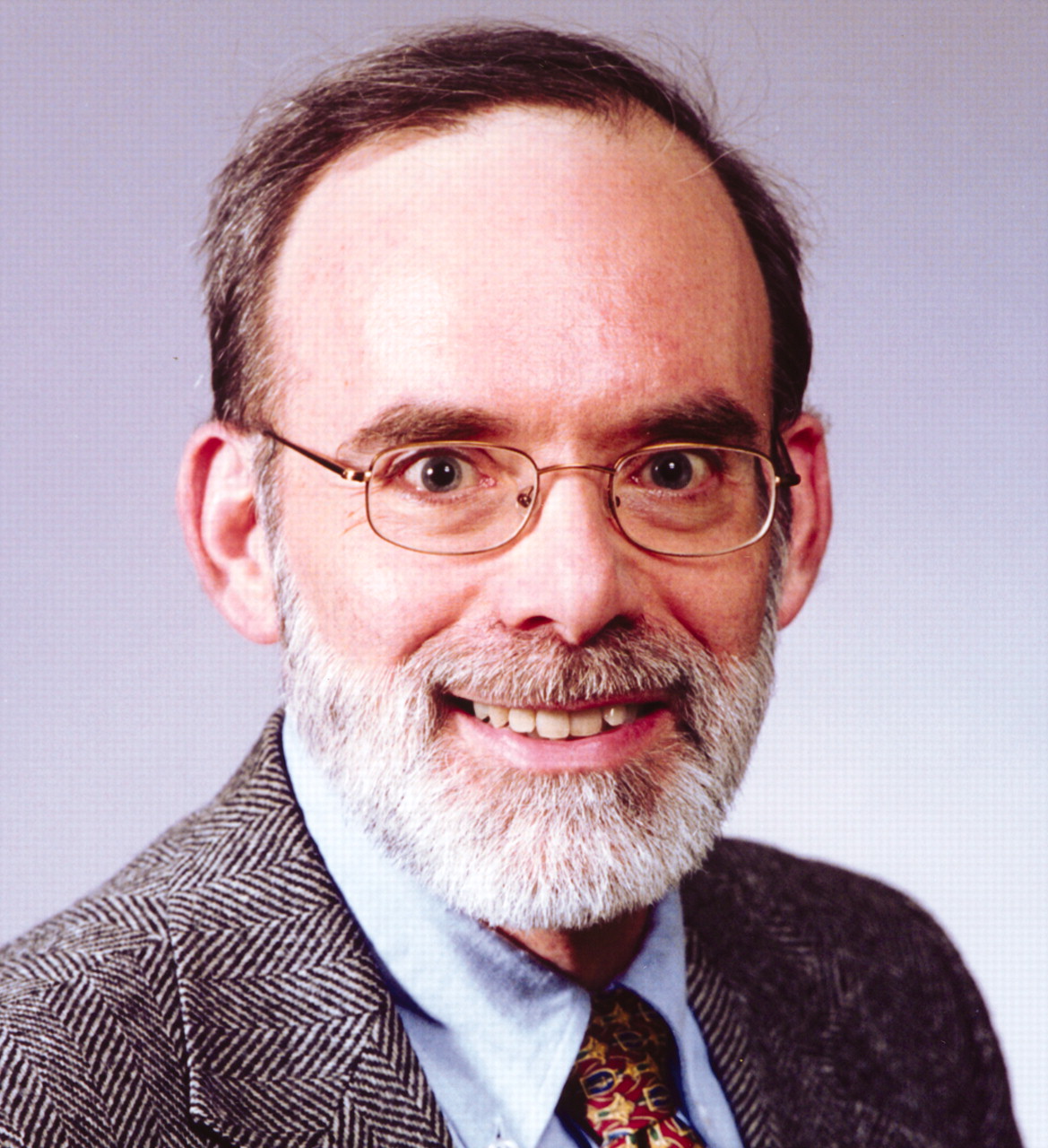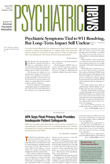As we approach the one-year anniversary of the September 11 terrorist attacks on New York and Washington, D.C., signs of remembrance are everywhere. Newspapers, television and radio stations, and other media outlets are all preparing to reprise the stories and images of that day. The question of how those events changed our lives is bound to be debated endlessly. And ordinary people will struggle with how best to mark the tragedy. So perhaps it is appropriate for us, too, to take a moment to ask about the impact of the events of that day on our field and our patients. Two aspects of the reaction continue to impress me.
The nature of the attacks and the damage they caused to the World Trade Center and the Pentagon meant that there were few survivors who suffered physical injuries. Emergency trauma teams that had assembled in the New York area from local facilities and from other parts of the country soon realized that the mass casualties that they were prepared to treat would not appear. Blood drives were canceled; hastily cleared emergency rooms stood empty.
That is not to suggest, however, that there were no injuries among the survivors of the day. But the injuries were predominantly psychic: wounded minds, not broken limbs. Immediately after the attacks, as Richard Harding, M.D., who led APA during this period, recounted in his presidential address last May, psychiatrists in APA district branches in New York and Washington, D.C., sprang into action. Facilities created ad hoc screening centers to identify persons suffering from acute stress reactions and exacerbations of other mental disorders and to provide support to them and to others affected by the carnage. Many psychiatrists worked long shifts with little sleep in those days of fear following the attacks. Their stories have been told in these pages and elsewhere, but their selflessness cannot be praised sufficiently.
Americans began to recognize that the human toll taken by the terrorists could not be measured alone by the deaths they caused. Anxiety, depression, sleep disturbance, difficulty concentrating—these and other consequences of stress exposure did not affect only those who escaped the flaming buildings and those who worked, often fruitlessly, to rescue the ones left behind. People all over the country, exposed vicariously to the events through the mass media, were similarly affected. In those days, the reality of mental disorders, our shared vulnerability to them, their toll on productivity and relationships, all these were evident to a much larger number of people than ever before. It is my sense that this lesson will not soon be forgotten. Part of the legacy of September 11 may well be a heightened appreciation of the significance of mental disorders and the importance of effective treatment to the well-being of the nation.
APA and our members helped to get that message across to the public and to the media. Within a day of the attacks, information began to appear on the APA Web site about the acute and chronic effects of trauma and how to address them. Many of us spent hours on the telephone with reporters from the print and electronic media providing advice on helping children cope with the attacks, recognizing symptoms that might require psychiatric attention, the natural history of responses to trauma, and other important topics. These contributions, though not nearly as heroic as those of our colleagues on the scene, showed APA and psychiatry as a whole at its very best.
And that effort at public education continues. In preparation for the anniversary of September 11, 2001, APA alerted major television networks to the potential for retraumatization associated with graphic reminders of the events of the day. Advisories were issued for the public as well, highlighting the nature of anniversary phenomena and the potential impact of media coverage. Vulnerable persons were advised that they might want to avoid the anticipated media blizzard. Again, a list of experts on posttraumatic disorders was compiled and made available to the media. This was another “teachable moment” to further educate the public about the reality and nature of mental disorders.
If one of the effects, then, of the day of terror was to heighten the general awareness of the mental afflictions to which we all are subject, a second consequence was to remind psychiatrists of the importance of being prepared to deal with the psychiatric aftermath of disaster and terror. Some district branches already had well-organized disaster committees, but new efforts were mounted to create or reinvigorate them in other places. Psychiatrists joined their colleagues on hospital staffs to update disaster plans, as the importance of dealing with the psychiatric sequelae of trauma was seen in a new light. At APA’s 2001 Institute on Psychiatric Services, held in Orlando just a few weeks after the attacks, attendees spontaneously added sessions on disaster psychiatry and PTSD to the program, sharing their knowledge with each other. CME programs on the subject have proliferated. We all want to be ready to do our best, if and when our help is needed in a comparable situation.
However positive the response to the terrorist attacks, there is no question that the magnitude of the loss is stunning. None of us will ever look quite the same way, I suspect, at the colossal buildings that dominate the skylines of our major cities. APA’s Board of Trustees will be gathering on September 11 in Washington for one of its quarterly meetings. I hope that you, wherever you are, will join us in a moment of silence to commemorate the tragedy. ▪

